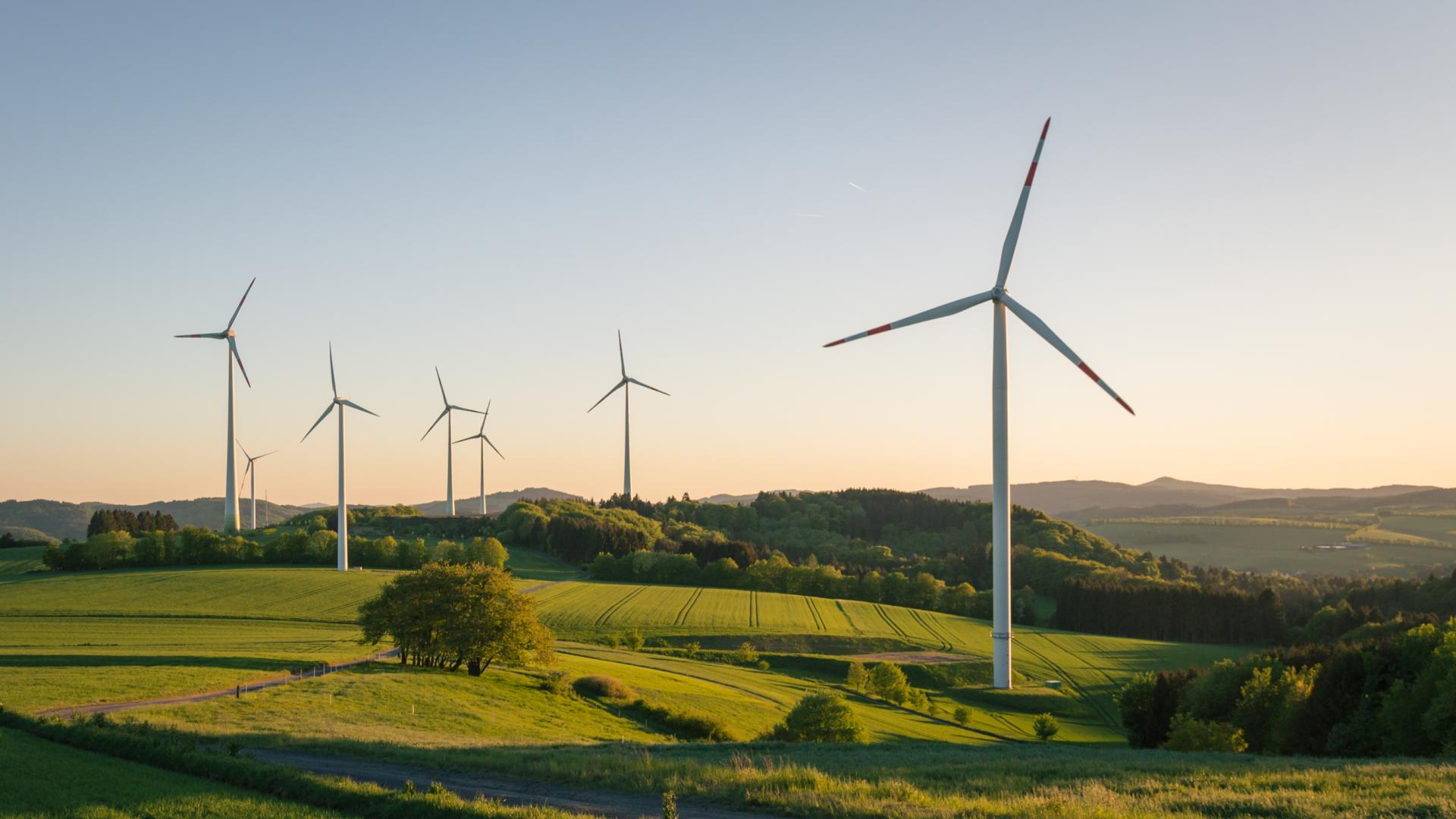
This week we discuss the UK's commitment to achieving net zero by 2050, and the significant changes that will be required.
Listen now: Apple Podcasts | Spotify | YouTube | Soundcloud | Acast | Google Podcasts | Stitcher | RSS
The UK has committed to achieving net zero by 2050. To achieve this, nearly all sections of the economy will have to undergo significant changes - from trade and transport, to agriculture and construction.
What will this shift look like? How easy will it be to transition? What role will government play in driving net zero?
Here to talk through these issues is Chris Stark, Chief Executive of the UK's Climate Change Committee (CCC), the UK’s independent advisory group on tackling climate change.
Host

Director
Paul has been the Director of the IFS since 2011. He is also currently visiting professor in the Department of Economics at University College London.
Participants

Chief Executive Climate Change Committee
Podcast details
- Publisher
- IFS
More from IFS
Understand this issue
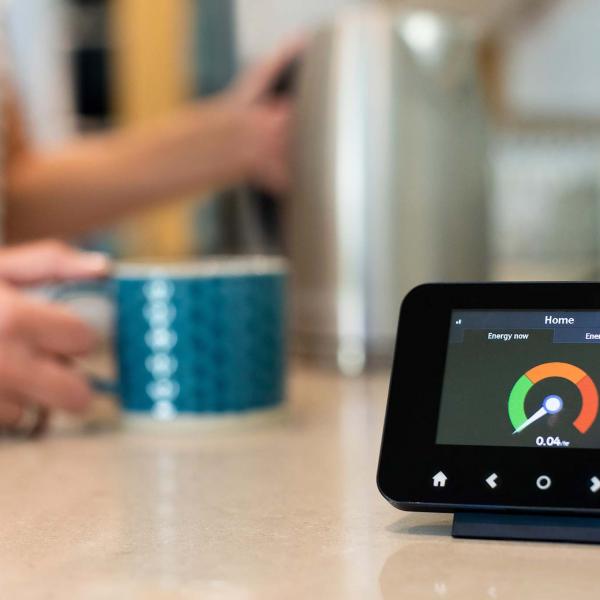
The changes to the UK's net zero pathway explained
10 November 2023
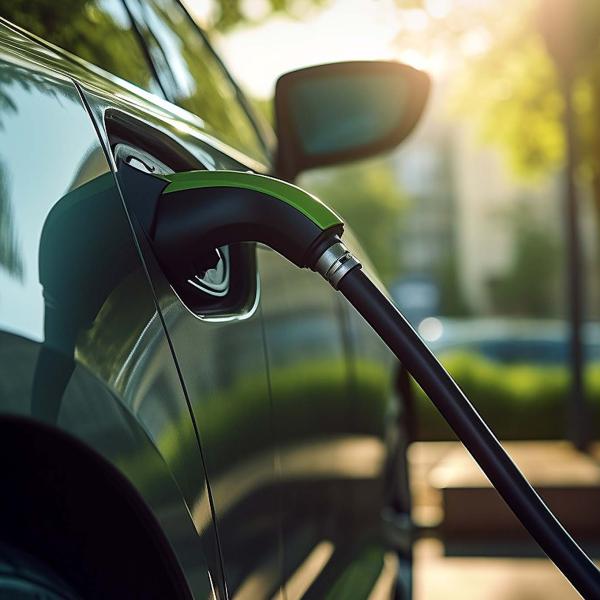
An honest conversation about net zero
11 October 2023
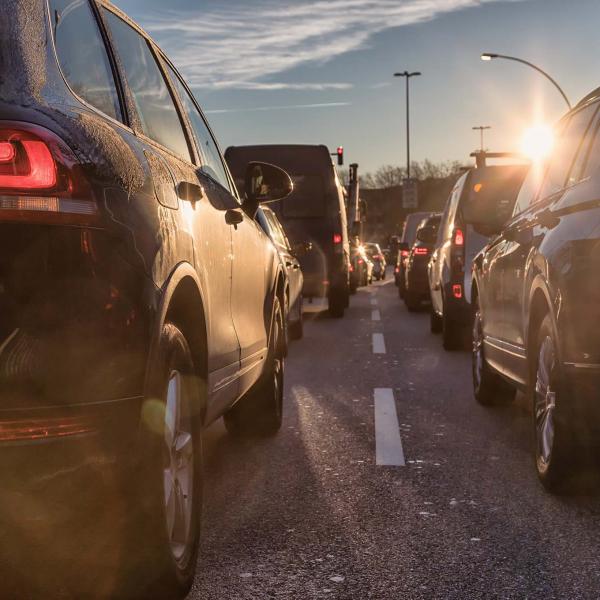
Sunak’s weak intervention may prompt a climate change revolution
25 September 2023
Policy analysis
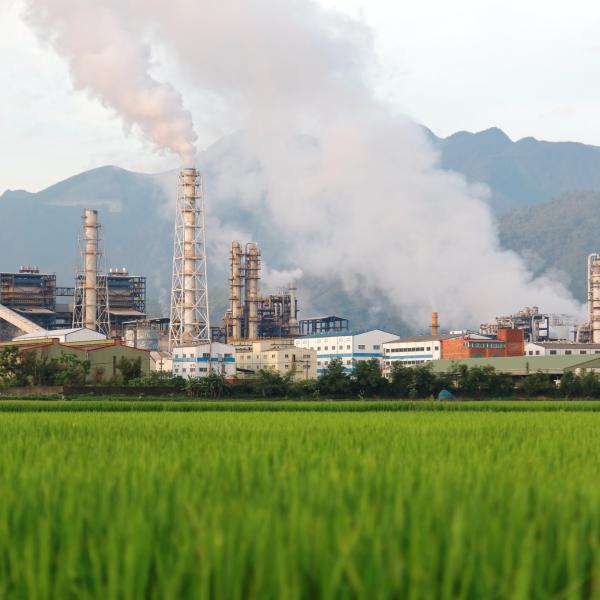
CIOT/IFS debate: Carbon border adjustment – what approach should the UK take?

CIOT/IFS debate: Carbon border adjustment – what approach should the UK take?
24 May 2023
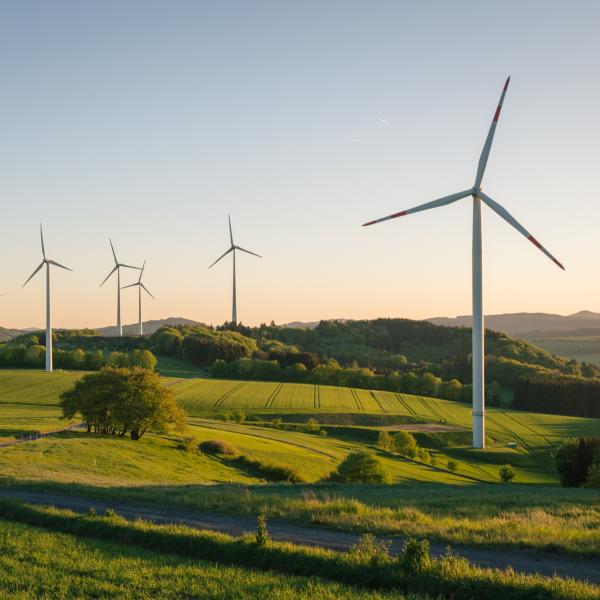
A look under the hood of Labour’s investment plans
5 September 2023
Academic research
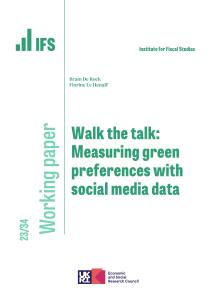
Walk the talk: Measuring green preferences with social media data
6 November 2023
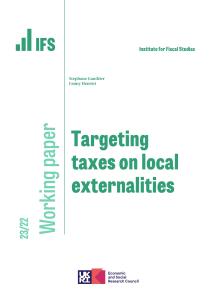
Targeting taxes on local externalities
14 August 2023
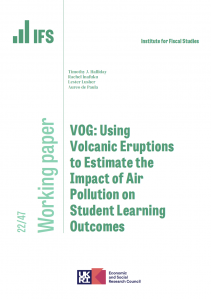
VOG: Using Volcanic Eruptions to Estimate the Impact of Air Pollution on Student Learning Outcomes
22 November 2022